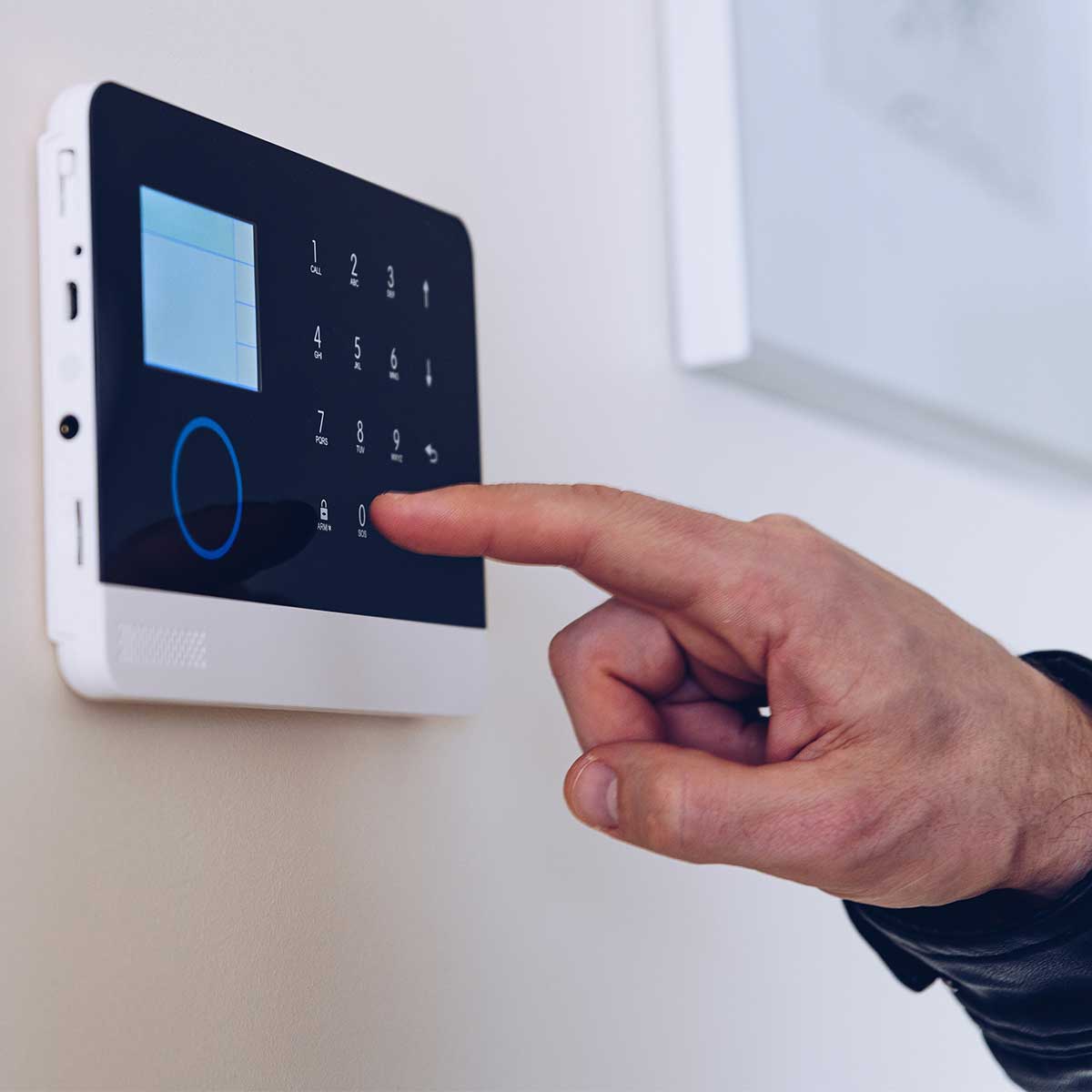BT to withdraw Redcare Alarm signalling service from 1st August 2025
For over 30 years, BT RedCare has been the most used system of remotely monitored intruder alarm signalling

It’s been announced recently that BT has decided to withdraw its Redcare signalling service from 1st August 2025. For over 30 years, BT RedCare has been the most used system of remotely monitored intruder alarm signalling, and this is a decision that could affect over 100,000 private customers and businesses who will need to find alternative solutions.
Given the criticality of alarm systems to a customer’s insurance cover, it’s very important – if this situation affects you - that the replacement service you choose provides a like-for-like performance level that is acceptable to insurers.
Why is this change occurring?
The Public Switched Telephone Network (PSTN) is currently being phased out and analogue phone lines upgraded to digital lines. This impacts alarm signalling systems that rely on telephone services to convey signals.
Previously, alarm panels have used PSTN lines to communicate with monitoring centres. Now, they must use IP-based methods, whereby communication occurs over the internet, with voice, data and other services transmitted digitally. Consequently, alarm services that previously utilised traditional analogue phone lines must transition to a digital Internet Protocol (IP) network.
The existing Redcare system
BT Redcare offered a range of systems including BT Redcare GSM which utilises a permanently monitored PSTN line that achieves Grade 4 signalling (the highest grade as defined by BS EN 50131). Insurers for clients with higher theft risks required a dual path (DP) signal.The performance level you will need to install
There are four grades of alarm, as described in the blue box below, depending on the level of risk faced. To replace a BT Redcare system will likely mean clients need to opt for a Grade 3 alarm system with a dual path (DP) signalling system and select either Grade 3 (DP3) or Grade 4 (DP4) signalling, as defined in BS EN 50131.
In some cases, a Grade 2 alarm may be acceptable, as long as it has Grade DP3 or DP4 signalling. For very high theft risk locations, insurers may require a Grade 4 alarm system.
Before replacing your system it is important to be clear that it will be acceptable to your current insurer and we would encourage all clients to speak with us before making this selection.
The reason for Dual Path signalling
Most modern intruder alarm systems must utilise ‘confirmed’ technology (as defined in BS 8243:2021) to obtain a Unique Reference Number (URN) and police response. This confirmation requires two detectors, each utilising differing technologies, to activate before a police response can be requested from the alarm receiving centre. The dual path system was required by insurers, in the event of a signalling fault in a single path system, in which case a police response could not be assured.
The challenges ahead
Alarm companies will need to work with clients to transition their systems and ensure a smooth migration, which may involve replacing outdated equipment with IP-compatible devices. The main challenges of moving to an IP system include:
- Reliability - IP-based systems rely on stable internet connectivity, which means any network outages or disruptions can affect alarm signalling
- Security - it’s crucial to ensure the security of IP-based communication using encryption and authentication mechanisms
- Compatibility - existing alarm systems may require upgrades or replacement to work with IP networks
- Monitoring centres - must adapt to receive and process IP-based alarm signals.
Essential considerations
It is very important that the replacement service you choose fulfils the following two criteria:
- The alarm system should be installed by a company regulated by the National Security Inspectorate (NSI), which incorporates the National Approval Council for Security Systems (NACASS) or a company regulated by the Security Systems and Alarm Inspection Board (SSAIBB).
- The alarm system will be maintained in full working order under an annual maintenance contract with an appropriate alarm maintenance company or installer regulated by the National Security Inspectorate (NSI), which incorporates the National Approval Council for Security Systems (NACOSS) or a company regulated by the Security Systems and Alarm Inspection Board (SSAIB). (In the event of a claim, evidence of the maintenance agreement may be required.)
Act now
Although there is ample time to make the required changes, we advise Redcare customers – and any other customer that needs to move to an all-IP system – to act sooner rather than later. With few potential alternative suppliers able to supply the required performance level, the closer we get to 1st August 2025, the more likely it is there could be installation bottlenecks and product shortages, and possibly increased prices. The best advice is to act as soon as you can.
Grades of Alarms
Grade 1
- Premises unlikely to be targeted by criminals
- Primary security risk from opportunistic thieves with little knowledge of alarm systems
- Commonly installed in domestic properties where alarms are not required for insurance purposes
- Guards against intruders likely to break in through front or back doors.
Grade 2
- Buildings that contain valuable property require an EN50131 grade 2 alarm system
- Higher risk of theft due to valuable contents
- Guards against more experienced criminals who might target the property.
Grade 3
- High-value contents pose a substantial threat
- Experienced intruders are a concern
- Suitable for properties with significant security needs.
Grade 4
- Properties at very high risk of being targeted by organised criminals
- Grade 4 systems provide robust security measures.
